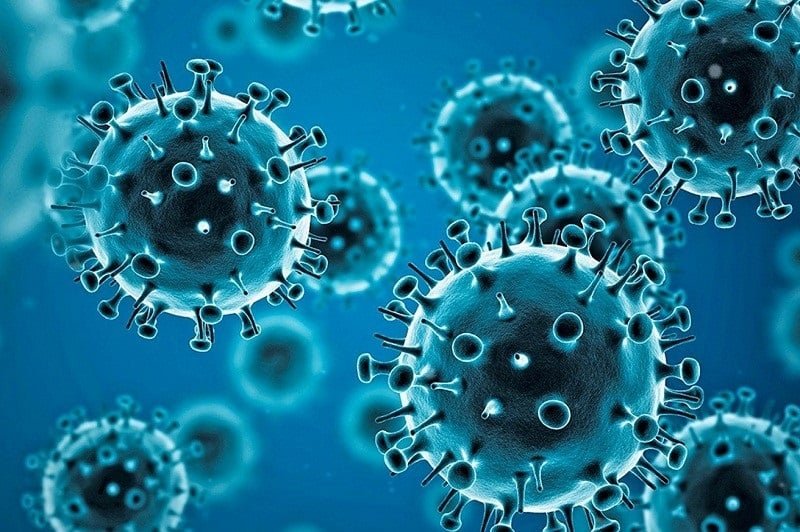HQ Team
April 27, 2024: Viral infections are commonly treated with antivirals. The recent Covid-19 pandemic saw the SARS CoV-2 virus being treated with vaccines. Now a study from Yale has found that a cheap, widely available antibiotic might reduce the risk of severe disease from viral respiratory infections.
In a mice study, the researchers found that the common antibiotic neomycin when applied inside the nose resulted in a strong immune response against infection with both SARS-CoV-2 and influenza A.
When the experiment was repeated in a small number of healthy people, the scientists found the same response.
Neomycin is an an aminoglycoside antibiotic used for treating digestive tract infections and another form—neosporin is used for topical application to prevent infection in minor cuts and burns.
Experiment
For the experiment, the researchers treated mice with a single dose of 2 milligrams (mg) neomycin sulfate as 10 microliters (μL) of neomycin solution per nostril. They collected nasal tissue for analysis and found that the neomycin-treated mice had significantly increased levels of interferon-stimulated gene (ISG) expression ( increased immune response)compared with controls.
The researchers then infected neomycin-treated genetically engineered mice with different strains of SARS-CoV-2. Most survived the infection, whereas the control mice did not. Nasal cells from the neomycin-treated mice showed significantly lower levels of viral replication than those of control mice.
Human study
A small, double-blind pilot study was carried out amongst a group of 12 healthy people. They were treated with Neosporin ointment, which contains neomycin sulfate, bacitracin, and polymyxin B as its active ingredients.
Control volunteers applied petroleum jelly (Vaseline).
When their immune responses were tested on days 4, 8 and 12 of the trial, the Neosporin-treated group had a much higher ISG response rate than the controls.
This experiment is a small step in a long journey for effective treatments for rapidly burgeoning viral infections. An important consideration with viral infections is that they mutate and develop resistance to treatments, so the researchers suggest that stimulating the innate immune response using antibiotics could be an effective alternative treatment.
The study is a welcome step but the experiment has to be carried out in a larger group. Also, antibiotic resistance is also a consideration as it is not clear how long the drug needs to be applied to be effective.
The study is published in PNAS.
